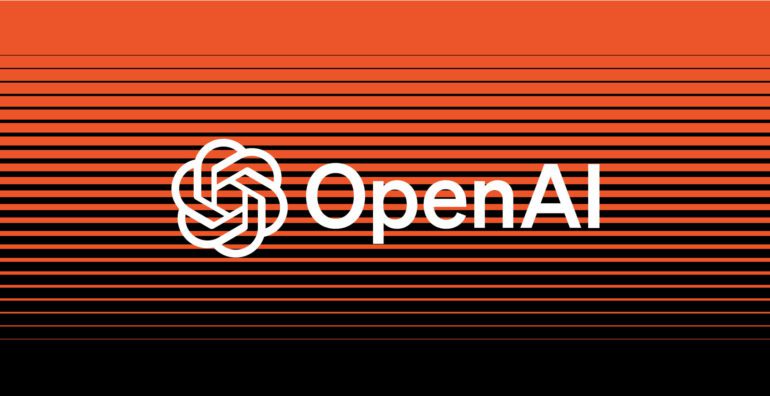- OpenAI announced delays in the rollout of its Advanced Voice Mode for ChatGPT.
- Initially planned for late June, the alpha release is now postponed to July due to technical issues.
- Enhancements include content detection improvements and infrastructure scaling for real-time responsiveness.
- Feedback from a limited alpha user group will inform iterative deployment and potential wider availability by autumn.
- Concurrently, new video and screen-sharing features are being developed separately.
- These features aim to enhance user interactions on smartphones and desktops.
- Controversy arose over the voice similarity to Scarlett Johansson’s, prompting clarification and removal by OpenAI.
Main AI News:
OpenAI’s highly anticipated Advanced Voice Mode for its ChatGPT platform, initially showcased in May as a remarkably lifelike feature promising real-time interactions, now faces delays in its rollout. Originally slated to debut among paying ChatGPT Plus users by late June, OpenAI has announced a postponement to sometime in July due to lingering technical challenges.
“We are currently enhancing the model’s capability to detect and reject certain content,” OpenAI stated on its official Discord server. “Additionally, we’re focusing on refining the user experience and scaling our infrastructure to support millions of users with real-time responsiveness.”
The alpha release of Advanced Voice Mode will commence with a limited user group, aimed at gathering feedback for iterative improvements. OpenAI acknowledges that wider availability to all ChatGPT Plus subscribers might extend into the autumn, contingent upon meeting internal safety and reliability benchmarks.
This setback, however, does not impact the parallel development and rollout of new video and screen-sharing functionalities, demonstrated separately during OpenAI’s recent spring press event. These capabilities include tasks like solving math problems from images and explaining device settings menus, accessible across ChatGPT on smartphones and desktop clients.
“ChatGPT’s Advanced Voice Mode marks a significant step towards natural, real-time interactions with AI, incorporating emotions and nonverbal cues,” OpenAI emphasized. “Our commitment is to introduce these innovations thoughtfully.”
During the launch event, OpenAI showcased ChatGPT’s swift responsiveness to tasks such as solving math problems displayed on a researcher’s smartphone camera.
The introduction of Advanced Voice Mode has sparked some controversy, particularly regarding the voice dubbed “Sky,” noted for its similarity to actress Scarlett Johansson’s voice. Johansson addressed the issue through legal channels, clarifying that she had declined OpenAI’s requests to license her voice for ChatGPT.
Conclusion:
The delay in launching Advanced Voice Mode underscores the complexity of integrating advanced AI features into real-time applications. OpenAI’s cautious approach to refining content detection and scaling infrastructure reflects its commitment to user safety and experience. This delay may influence market expectations for AI-driven conversational interfaces, highlighting the importance of rigorous testing and user feedback in future developments.

